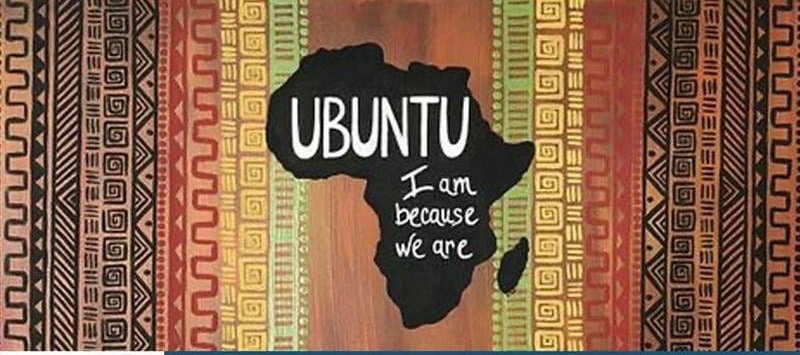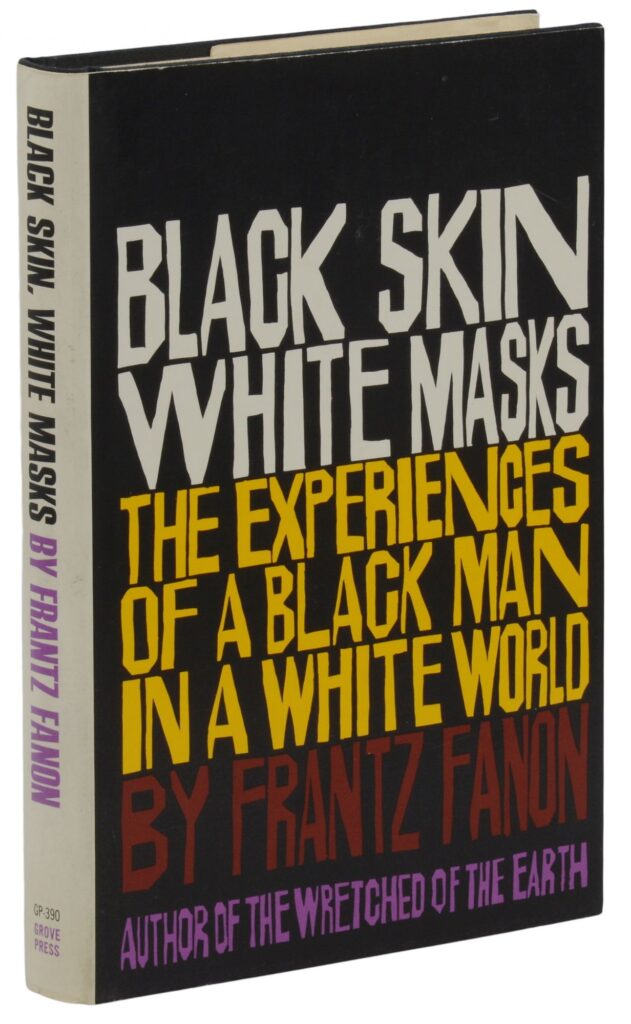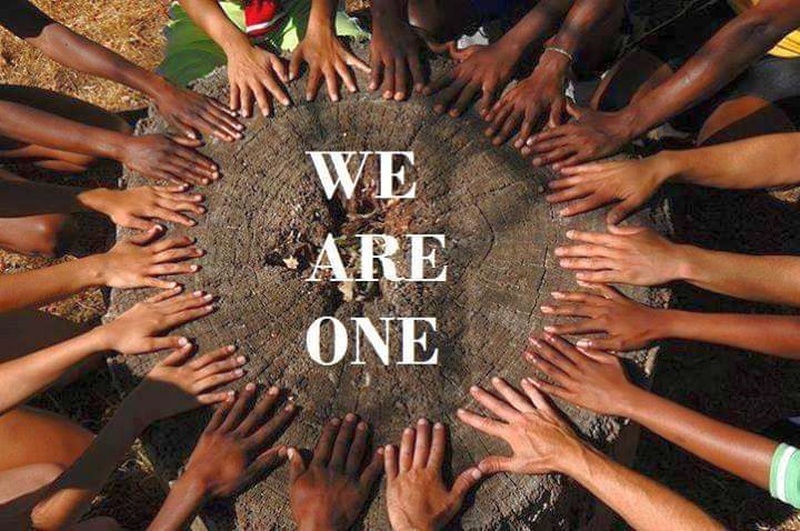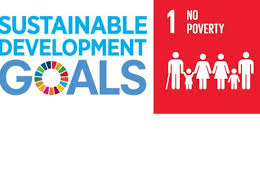Following in the unfortunate footsteps of their Slavers, Africans have adopted the Color ‘Black’ as an epitaph and icon for misfortunate, distaste and disaffection – no thanks to neo-colonialist contraptions painted as modernity. Tax is one of the civic responsibilities a typical African (rich or poor) likes to hate. Therefore, the new vocabulary called, ‘Black Tax’ can best be described as subterfuge and another evidence of neo-colonialism in the 21st century. My position in this piece may be the most unpopular but allow me to expatiate. In simple terms, Black Tax has emerged as a new term to describe any monetary form of social support to friends and family. In most esoteric discuss on personal finance, Black Tax has been labelled the cause of economic misfortune for the middle-class African society. The summary below, about black tax, would serve to sharpen this dialogue:
“Black tax refers to the financial responsibility that many black people, particularly in African countries, feel towards their families and communities. It is a cultural phenomenon where successful black professionals, who have attained a higher socio-economic status, feel an obligation to support their less fortunate family members, relatives and communities, both financially and non-financially. This often includes the burden of providing financial support for education, healthcare, housing, and other basic necessities for family members and other community members who are struggling financially”.

Emancipate Yourself
The first Neo-colonialist contraption is the false assumption that only professionals and the working class provide support for family, friends and the community; even those in the informal sector do same. The system of social support in the traditional African society is as old as the continent herself. Communal spirit and brotherhood are typical traits of a core African. In the pre-independence Eastern Nigerian society, once a brilliant child is identified in the community, the entire community comes together to pool resources and sponsor such child through school, with the hope that he/she would become a better person and in turn drive development in the community. This system of social support sent so many persons to Cambridge and Oxford; these beneficiaries are part of the professionals and working class. Still on the neo-colonialist contraption, why would one’s voluntary feeling and commitment towards family and community be considered an economic burden whereas hanging out with strangers in a bar to squander far more economic resources is not considered an economic burden under the black tax theory. Same family and community that provided the economic support and social capital that funded the education and professional development of the now-all-important-benefactor. Truth be told, the necessities which have been identified as objects of black tax – education, healthcare, housing and other basic amenities are still in very short supply, little wonder Africans are supporting their families to get these necessities. Again, why is one’s feeling towards family and community restricted to Africans alone? Europeans, Americans, Asians, etc., do they not take care of family and friends? Is there something called ‘White Tax’?

Black Skin, White Mask
In his book titled, “Black Skin, White Masks”, French philosopher-psychiatrist Frantz Fanon, presented a historical critique of the effects of racism and dehumanization, inherent in colonialism, on the human psyche. The same racial dehumanization decried by Fanon stands boldly behind every gospel of Black Tax that is threatening the congenital resilience that has borne the African continent through the ages (and her only guaranteed hope of sustainable development). As political leadership in Africa continues in its self-seeking enterprise of incumbency at the expense of the region’s much-needed development, Africa’s hope of sustainable development and global competitiveness lies more in the hands of her ever-good-spirited corporate citizens and her ever-caring households. What is keeping the rate of out-of-school children from blowing out of proportion, is not the brilliance of government policy, rather the family support that ensures that children’s school fees can be paid, sometimes with support from an uncle/aunty who cares to return a favor in the past or just to show care which Africans are known for. Some African professionals living in the city (and diaspora) today got education thanks to the communal effort of Age Grades who built primary schools where government failed to do so. The fact therefore is that, any re-christening that seeks to vilify Africa’s system of social support is actually intended to take away the only guaranteed life-line. In face value, unsuspecting young Africans feel protected by this alien theory, which in essence is intended to destroy the very social capital that ensures that even the fortunate ‘professionals’ and ‘working-class’ will enjoy their fortune in peace. In ‘White Societies’ unfortunate persons who are unemployed or lazy receive stipends as social support from the government; their children go to school courtesy of the government; this ensures they have inclusive development such that children of peasants and homeless people grow to become educated and occupy positions of authority; yet the governments’ largesse is not called ‘White Tax’. In Africa, where governments lack such political social responsibility (PSR), our spirit of resilience encourages us to support one another to ensure same inclusivity, yet jealous slavers tell us is Black Tax. This is the same ideology that labelled Kaikai, our local gin, brewed from Palm Wine as ‘illicit’ in order to encourage import of Ethanol-based gin; same ideology that called my Mother tongue Vernacular so I will pay to learn English. Africans be wise.

No Difference
When an African profession in Lagos or Europe pays school fees for his siblings and provides for his parents’ upkeep, it is tagged ‘Black Tax’ and he/she is discouraged under the guise of saving and investment. Sometimes a geographic distinction is created to cause more confusion and further enslave the mind: when the same African professional migrates to Europe sends the same school fees and upkeep to the same beneficiaries, it is celebrated globally as, “Diaspora Remittance”. Who is the ethical laundry man that has cleaned up the same alms in the hands of the same benefactor? Or is location the only difference? Giving back to society, whether by corporate citizens, individuals, households or governments means the same thing irrespective of the skin color of the benefactor or the currency of the transaction. Permit me to paraphrase the exhortation from Andrew Carnegie: ‘the right way to enjoy wealth (and success) is that the possessor, from time to time, applies it in such a way that it benefits the society from which it was gathered’. Those parents who sacrificed comfort to train their children in trade or education deserve support in their hay days; being opportune to support weaker or not-so-fortunate sibling’s or relatives is a way of giving back to society it is not Black Tax; nobody has been prosecuted for not doing so. Whether you are doing it from overseas or from within, it is neither a White Tax nor a Black Tax. In more developed societies, governments provide this social support; Africans without waiting for an unwilling government, undertake the support system of their self-volition. There is nothing about Tax in this home-grown act of Communal Social Responsibility, neither is there anything Black in it. Stop the naming and shamming.

The CSR Arena is a CSR advocacy and sustainability-reporting-analysis champion. We encourage and celebrate effective CSR and positive social impact by responsible corporate citizens; we celebrate international best practices in sustainability reporting across different economic divides. Our goal is to realize the dream of development scholars that, ‘corporates, more than governments, would bring about the much needed sustainable development across the globe. We partner with FBOs, NGOs, CBOs, governments and corporates to spread the message of sustainable development and corporate sustainability. Our platforms bear tales of good corporate citizenship – grab the microphone that you may be heard. Contact: news@thecsrarena.com



